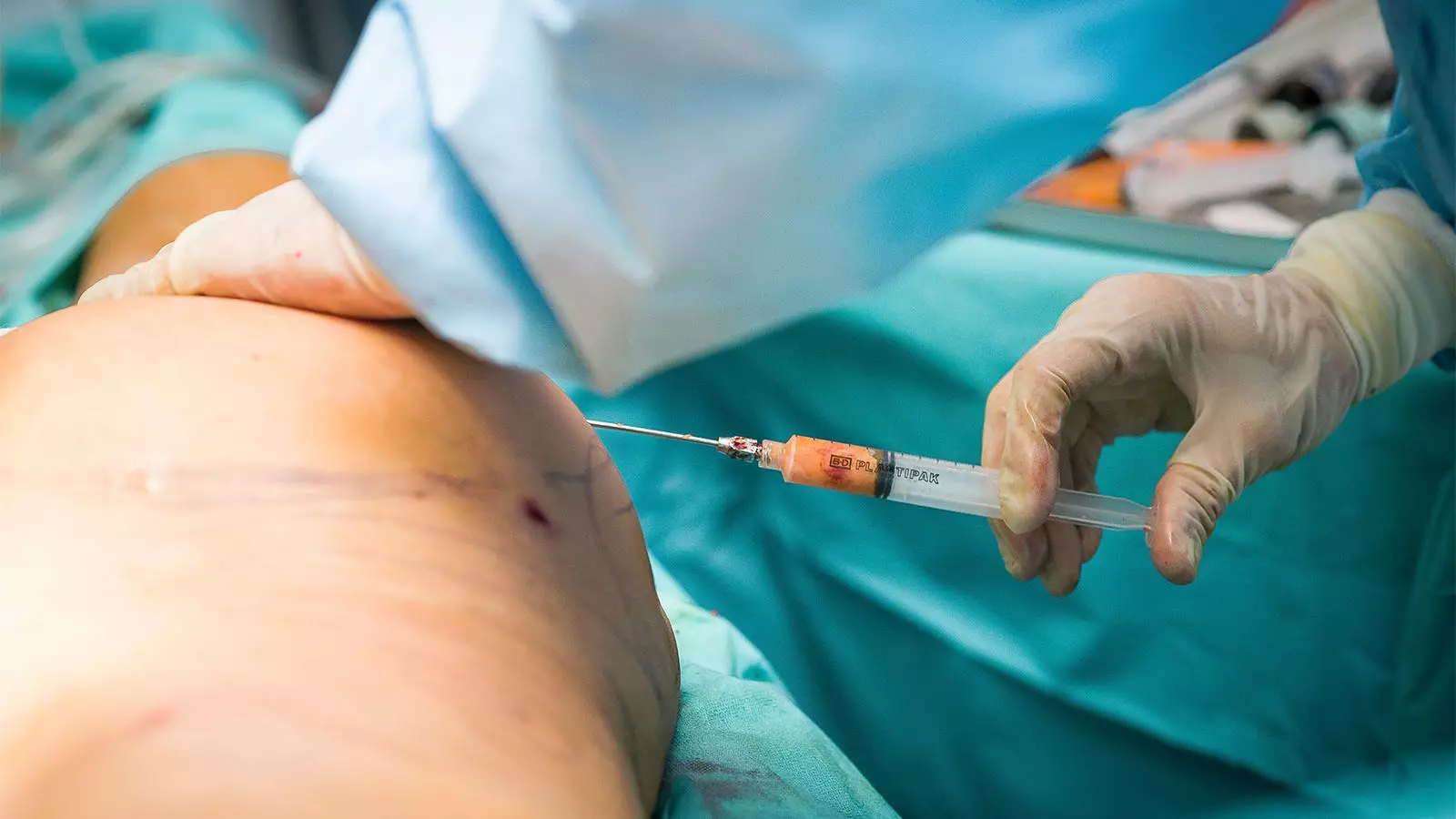In April, we shed light on the alarming dangers associated with Brazilian butt lifts (BBLs) and the reasons behind South Florida’s status as a hotspot for BBL-related deaths. Since then, significant steps have been taken by plastic surgeons and Florida’s medical board to address the safety concerns surrounding this risky procedure. This article delves into the progress made after the medical community raised awareness about the dangers and the subsequent intervention by Florida’s medical board.
After several fatalities linked to gluteal fat grafting procedures (BBLs) in Miami, plastic surgeons, professional organizations, and the medical board of Florida engaged in efforts to enhance the safety of the procedure. Recognizing the urgent need to protect patients, Florida has enacted legislation that establishes clear standards of care for BBLs. Plastic surgeon and owner of Miami Aesthetic, Dr. Pat Pazmiño, expressed the strong commitment of the medical community towards this issue. As a director with the Florida Society of Plastic Surgeons, Pazmiño played a role in recommending key provisions of the bill. The prime objective of this legislation is twofold: to prevent plastic surgery from receiving a bad reputation and, above all, to ensure the safety of patients undergoing these procedures.
Over the past few years, BBLs have resulted in an alarmingly high number of deaths due to pulmonary fat embolism (PFE), a condition where fat particles enter a blood vessel and obstruct it. Medical professionals and experts determined that these fatal embolisms predominantly occurred when fat was erroneously injected into the deeper gluteal muscle instead of the intended subcutaneous fat layer. The blind nature of the procedure, whereby the surgeon cannot precisely visualize the cannula’s endpoint beneath the skin, contributed to this problem. To address these concerns, the Florida Board of Medicine introduced two temporary rules in 2019 and 2022. These measures required injection solely into the subcutaneous fat layer, the use of ultrasound guidance, and limited the number of gluteal fat grafting procedures to three per day. While permanent rules were initially planned, the unanimous passage of House Bill 1471 rendered them unnecessary.
House Bill 1471 is groundbreaking in plastic surgery as it mandates specific precautions when performing gluteal fat grafting. This legislation, which took effect on July 1, 2022, incorporates several provisions to enforce the highest standards of care. New clinics must undergo a health department inspection before registration, ensuring adherence to safety protocols. Surgeons are now required to personally meet with patients at least one day prior to the scheduled procedure, preventing any rush or lack of familiarity. Additionally, the new law prohibits surgeons from performing BBLs on multiple patients simultaneously, emphasizing the need for focused attention and reducing the risk of errors. To enhance precision, physicians must utilize ultrasound guidance when performing fat grafting and are prohibited from delegating the extraction or grafting tasks to non-physician staff. Dr. Pazmiño emphasized the power of this state law over a medical board’s rule, creating a broader awareness that such practices are illegal and jeopardize both the physician and the staff involved.
The new law specifically targets clinics that engage in what one surgeon aptly referred to as “chop shops.” These establishments, concentrated mainly along a stretch of road in Miami, prioritize speed and volume, conducting numerous procedures per day at significantly lower prices than the average market rate. Dr. Mark Mofid, a plastic and reconstructive surgeon based in San Diego, quantified BBL death rates in one of the earliest studies. He shared a conversation with a colleague working in one of these clinics who admitted to performing 10 to 12 BBLs per day, charging between $3,000 and $3,500 each (compared to the average cost of $4,807 in 2020). Limiting the number of hours available for procedures, the new law effectively curtails the volume of surgeries conducted by these clinics. Previous reports and disciplinary hearings exposed concerning practices, such as physicians meeting patients only on the day of the procedure and uncredentialed staff performing liposuction and other tasks without adequate supervision. The introduction of this legislation ensures that patients and doctors can establish a vital pre-surgical relationship built on trust and comprehensive understanding. According to Dr. Pazmiño, proper patient care extends far beyond the operating room, necessitating thoughtful attention before and after surgery.
While House Bill 1471 represents a significant step forward, its impact is limited to the state of Florida. Dr. Mofid underlined the possibility of the problem merely moving elsewhere as stricter regulations emerge in Florida. He expressed concern that individuals involved in this business might seek states with fewer regulations to continue profiting from BBL procedures. However, it is important to note that South Florida has been the epicenter of complications and fatalities associated with BBLs, making it crucial to address this pressing issue at the regional level.
The aftermath of Brazilian butt lifts in South Florida prompted a swift response from plastic surgeons, professional organizations, and the medical board. Recognizing the urgency to prioritize patient safety, the state of Florida implemented legislation to codify standards of care for BBLs. While this bill is considered a significant milestone, the challenge of national regulation remains. Efforts to address the dangers associated with BBLs must extend beyond Florida to safeguard patients across the country from unnecessary risks and tragic outcomes. By establishing clear protocols and emphasizing the importance of the patient-doctor relationship, Florida has set an example for other regions to follow in ensuring the highest standards of care in the field of plastic surgery.


Leave a Reply